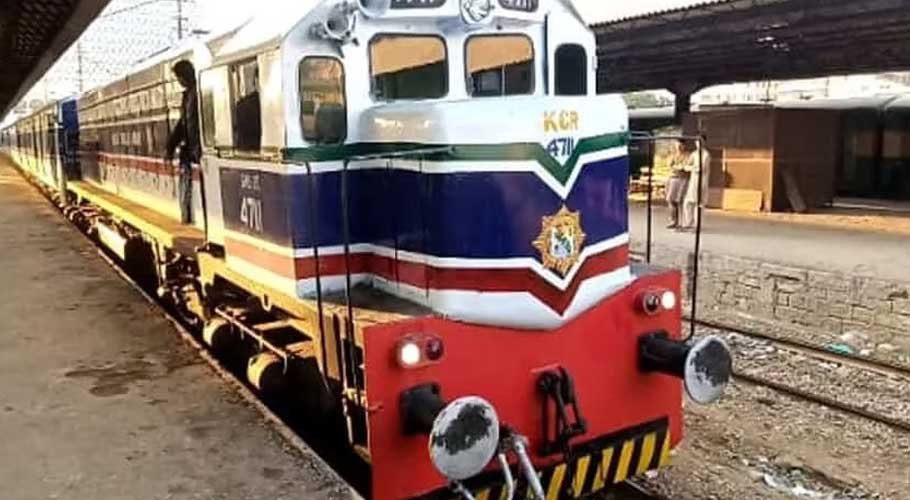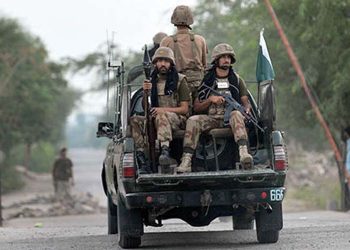KARACHI: The Karachi Circular Railway (KCR) began partial operations, after being out of commission for 21 years, with several problems and a delay-plagued process.
According to details, the people of Karachi were once again deceived in the name of Circular Railway while the institution is also facing a loss of billions of rupees due to inadequate operating hours of the train.
The KCR revival project, in its present form, covers a 44km route that includes a 30km loop with 20 stations and 14km mainline with five stations. Thursday’s inauguration focused on the first of three phases, which will see trains run back and forth along a 14km track between Karachi City Station and Orangi Station.
The second phase will expand operations to a seven-kilometre track running from Orangi Station to Gilani Station, while the third will see trains running over a nine-kilometre stretch between Gilani Station and Drigh Colony.
Relevant sources informed that incomplete track and inadequate transport facilities have been provided in the name of circular railway. “The train cannot travel at more than 35km/h on the 14-km track. The trains are not in the condition required to travel at 50km/h,” sources added.
The citizens have expressed concern over the KCR schedule, saying that people cannot reach the railway station because of the timings. Empty trains are causing billions of rupees loss to Pakistan Railway.
One of the citizens said, “The departure timing of train is 4.30pm, while most of the employees get off after 5:00pm.” In this regard, only 30 percent of the seats are occupied usually.
According to a spokesperson for the PR, the first KCR train (1-Up) would depart at 6.30am from Orangi station and reach the destination at 9.15am. The second train would depart at 10am followed by a third at 1pm, and the last one at 4pm.
Similarly, the departure time of the train from Marshalling Yard to Orangi is at 7am, followed by a second train at 9.30am, third at 1pm and finally at 4.30pm.
In many of its routes, tracks for the circular railway are missing which have been stolen by criminals. Encroachments at many places have still not been removed and the concerned authorities, including the provincial and federal government, have turned a blind eye to it.
Talking to M.M News, one of the passengers was satisfied with the fare and administration of KCR, but expressed concern over the schedule. Meanwhile, technical experts have also raised concerns over the KCR.
The main technical issue, according to them, concerned the gauge of rails being used for the KCR. The KCR track uses a broad gauge, which is only suitable for heavier locomotives and long-distance travel.
Trains running over broad gauge speed up gradually, experts pointed out. In cities, since stations are situated closer to each other, it is impossible for broad gauge trains to run full steam.
KCR started in 1964 and continued to rise in popularity. However, unable to withstand the pressures of a growing transport mafia, the railways’ incompetent bosses abandoned Karachi’s rudimentary mass transit system. After another decade of wobbly and sporadic service, KCR finally shut down for good in 1999.


































